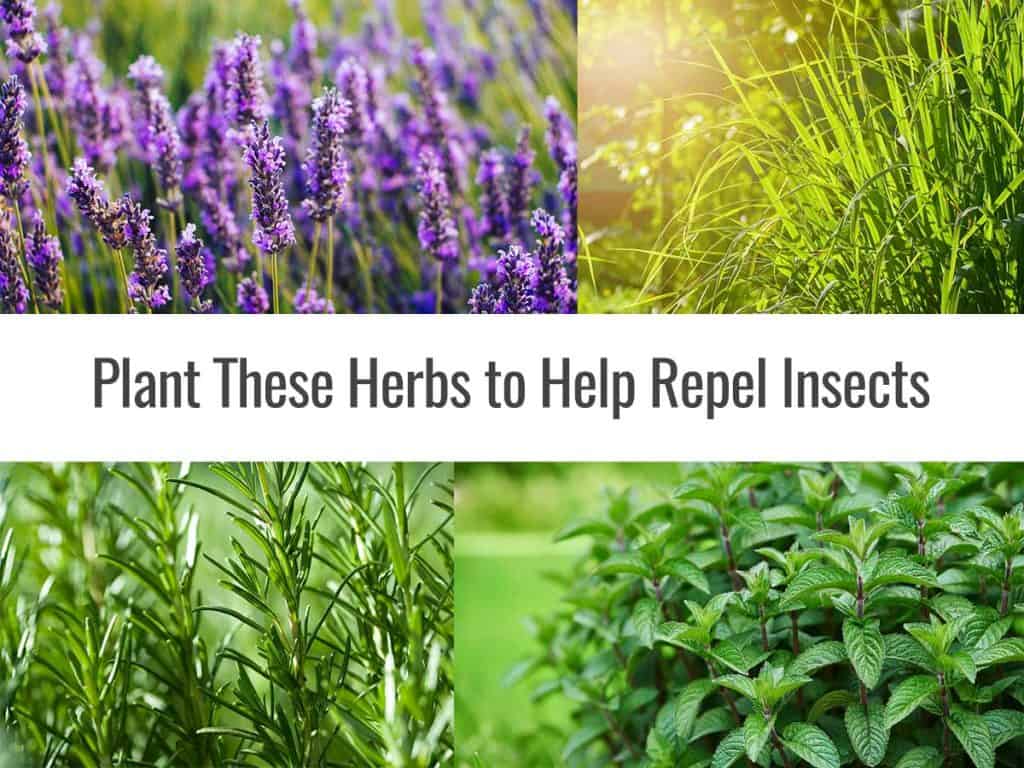Whenever we hear the words “spring” and “summer,” most people think about going out and enjoying the outdoors with their friends and family.
However, these activities can also be very irritating to some people due to flies.
While there are various products that can help keep the environment clean, such as clothes and skin sprays, the idea of using toxic chemicals on ourselves is very repellent.
Besides being repellent, some plants and herbs can also be very attractive to people due to their scent.
One of the most popular herbs is Sweet Basil, which is known for its pungent aroma.
This plant is a favorite in both kitchen and garden settings.
Not only is it delicious, but O. basilicm is also an effective repellent against mosquitoes and flies.
This guide will teach you how to grow a large basil bush that will give you bountiful harvests of delicious and odorous pesto.
Another great source of fly-defeating properties is the bay Laurel leaves.
Not only does this herb repel flies, but it can also keep unwanted pests such as moths, mice, and roaches from entering your pantry. L. nobis can be potted and brought indoors during the summer.
Bay leaves can be dried and hung near windows or placed in bags of grain.
One of the most popular plants that can be grown for its scent and appearance is the Lavender.
This perennial is commonly used in dried bunches or ground to add its sweet aroma to various products, such as cookies and coffee. It is also great for creating an attractive and repellent garden.
Besides flies, Lavender can also repel other insects such as moths, fleas, and mosquitoes.
Common Tansy, also known as Cow Bitter, Golden Button, and Bitter Buttons, has been used for centuries to treat various ailments.
Although many of these methods have since been disproven, Common Tansy is still effective at killing unwanted insects and larvae.
Due to its negative reputation during the 1800s, this herb was associated with death. It was used in burial caskets to keep the worms away from the corpses.
One important note about the presence of thyme in your garden: It is an invasive species that can affect your local ecosystem.
Before you plant this herb, make sure that it is thoroughly checked and that it doesn’t harm your local environment.
Wormwood wormwood is also known for its role as an essential component in the distillation of spirit absinthe.
Like many species of Artemisia, the silver-green leaves of the wormwood plant are covered in trichomes that create a velvety texture on the stems and leaves.
This plant is easy to grow, and its oil glands can effectively repel a wide range of pests, including ants, flies, mice, moths, and mosquitoes.
One of the most popular herbs for its ability to repel pests is the Citronella grass. This plant is commonly used in various products as an insect repellent.
However, since it is an invasive species, it should only be grown inside a controlled environment.
Unlike the herb Lemongrass, which is used in Asian cuisines, this plant is too strong to be used in cooking.
When it comes to choosing plants that can repel insects, you have many options.
However, since each region has its own unique environment, you may have to experiment with different types of herbs to find the best combination.
Before you start the process of planting your herbs, you should thoroughly research the soil conditions for their optimal growth.
You can also add nutrients to make sure that the environment will support the development of the plants.
Having a few plants that can effectively repel insects will make your yard or patio look inviting this summer.


Leave a Reply